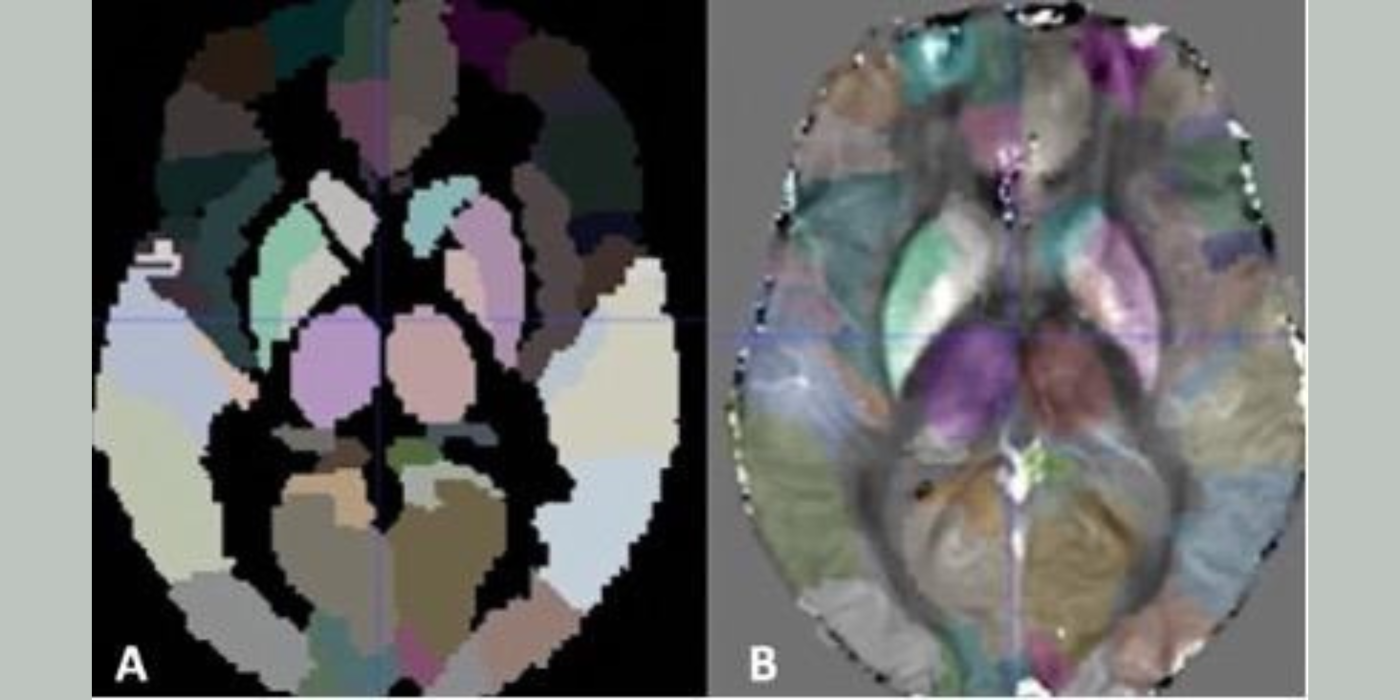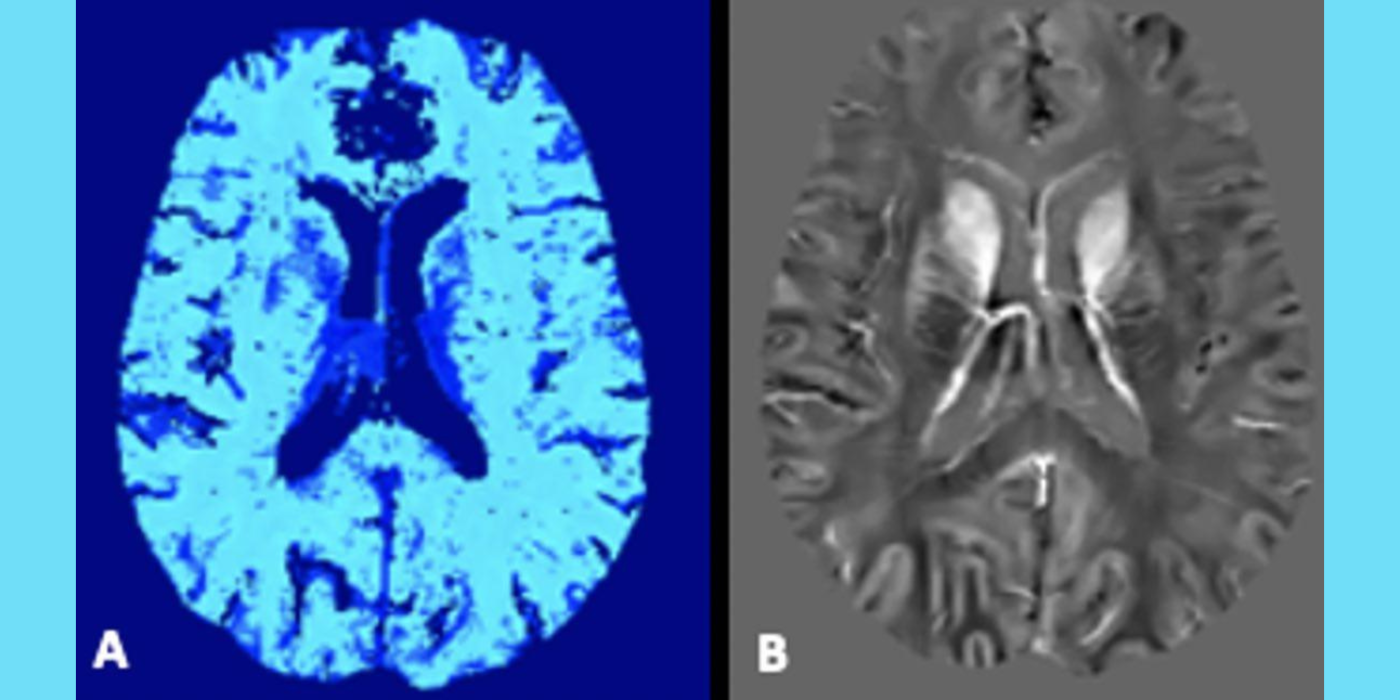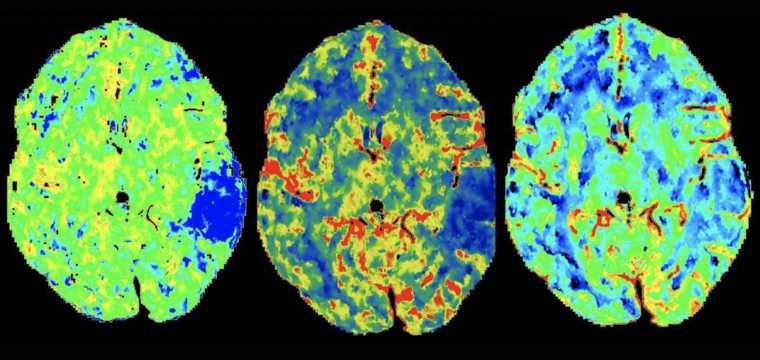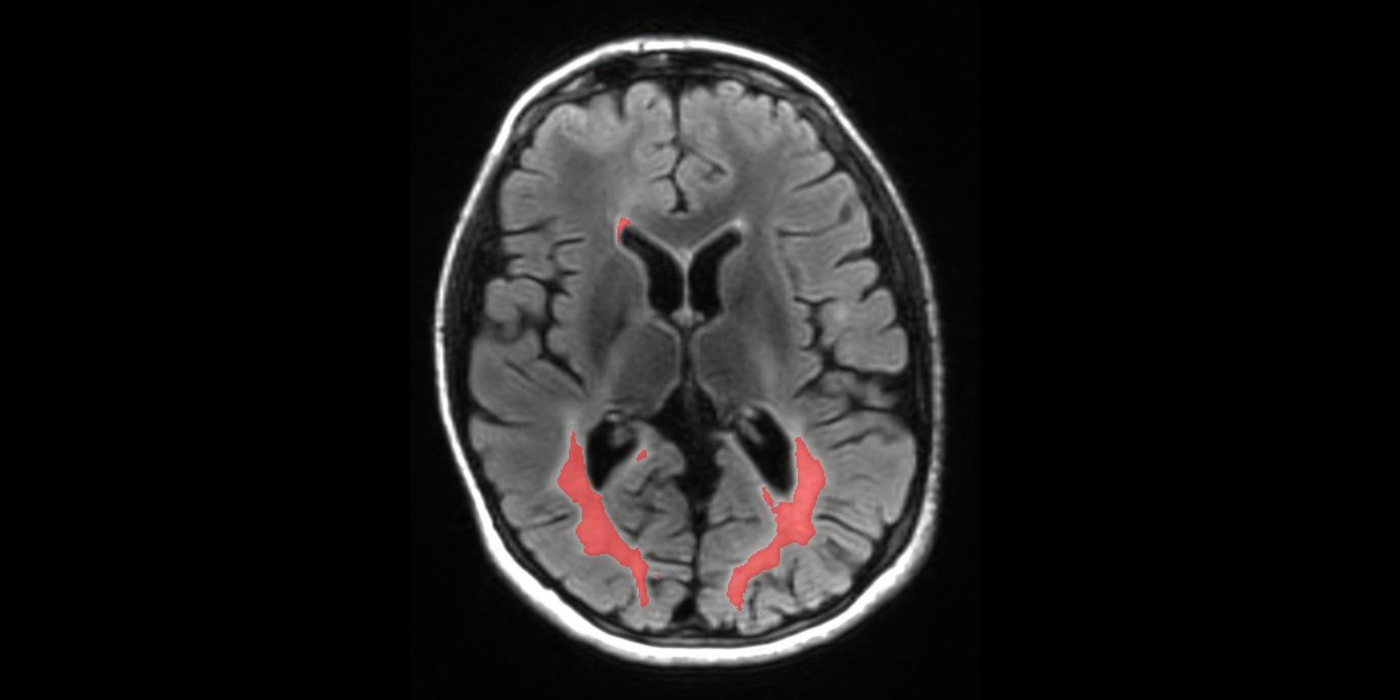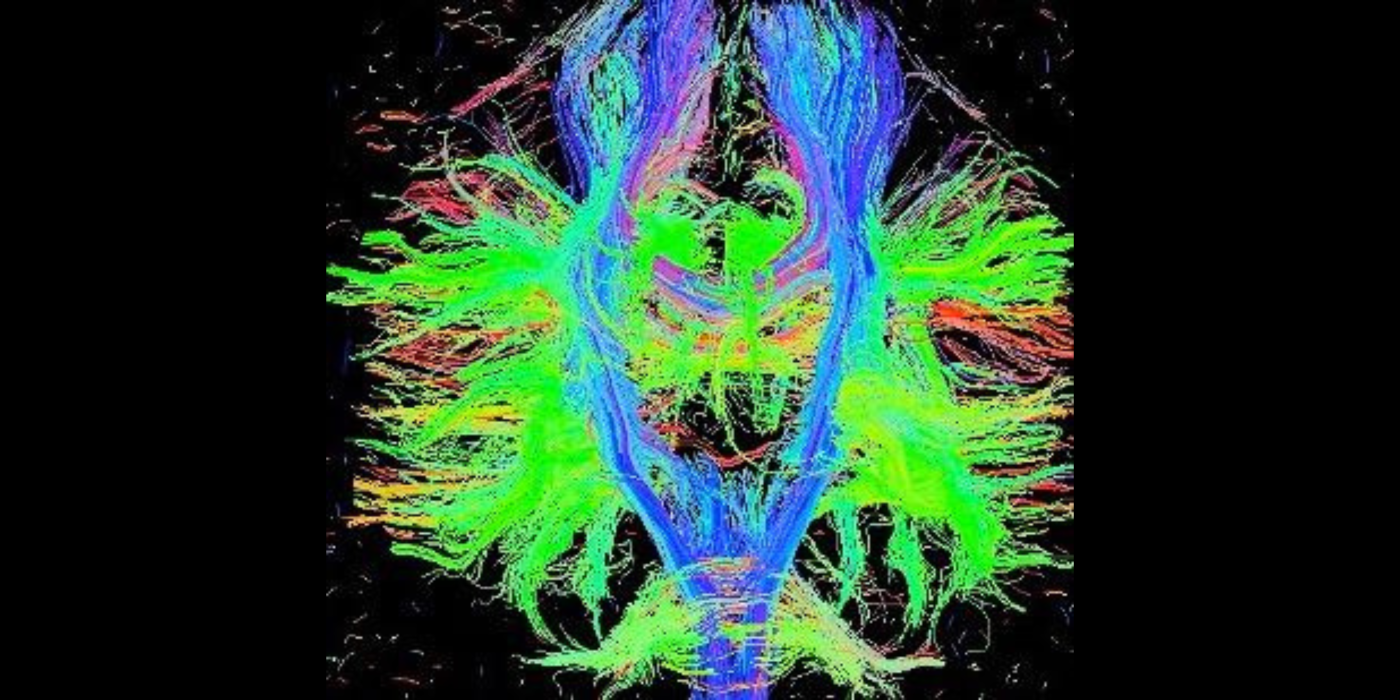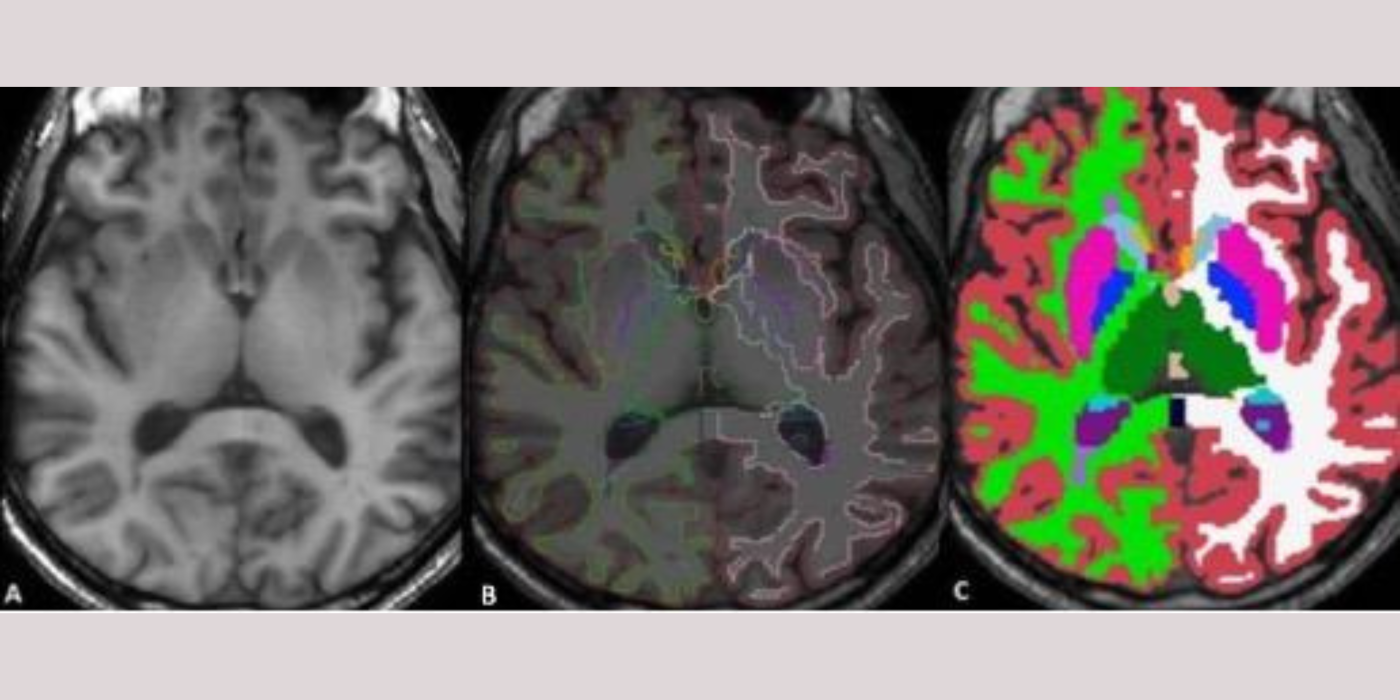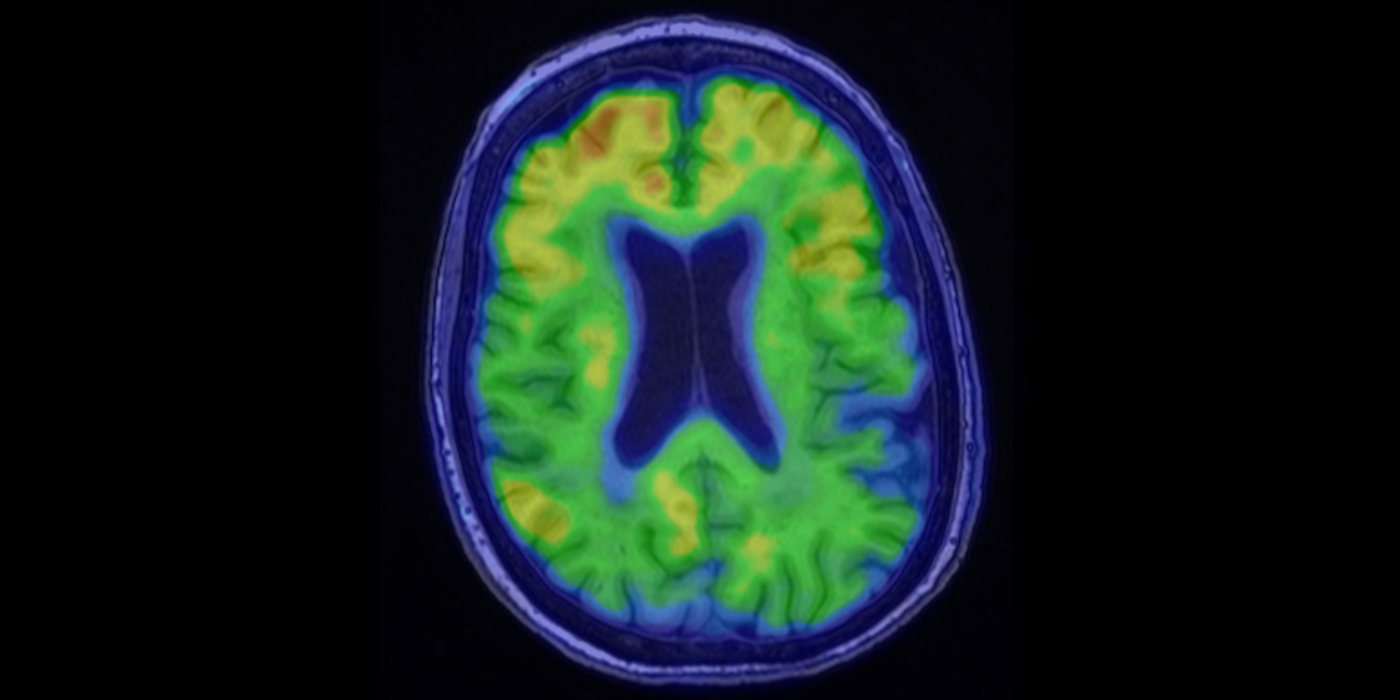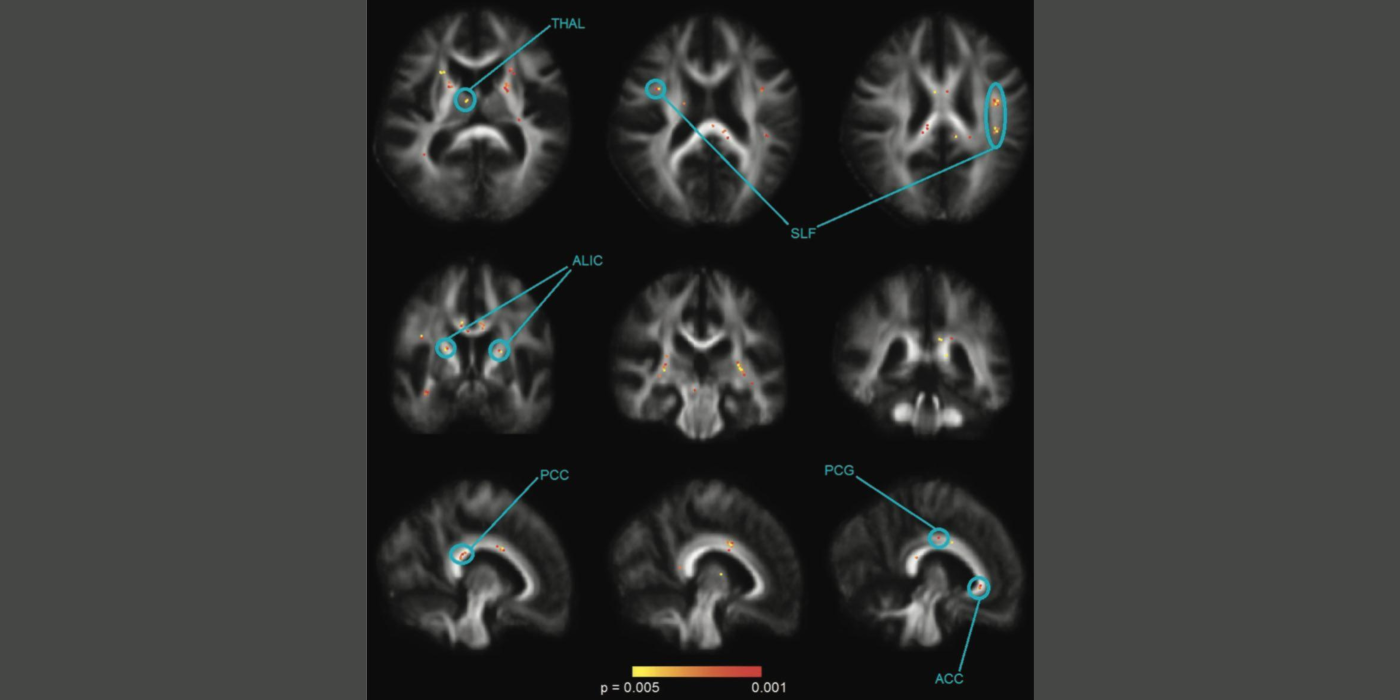Lab Achievements
Dr. Gloria Chiang is a Weill Cornell Medicine (WCM) neuroradiologist. Her research program is focused on combining quantitative magnetic resonance (MR) and positron emission tomography (PET) imaging techniques with plasma and cerebrospinal fluid (CSF) biomarkers to elucidate neurodegenerative disease pathophysiology. She is Principal Investigator (PI) on four National Institutes of Health (NIH) grants, including R01 and U01 awards, studying iron dyshomeostasis, oxidative stress, oxygen metabolism, tau deposition, and high-resolution PET imaging in Alzheimer’s disease. Dr. Chiang is also Co-Investigator on several other NIH grants, applying innovative imaging techniques to studying brain aging, multiple sclerosis, and Parkinson’s disease. Previously, she served as Site PI and Co-PI for the Alzheimer’s Disease Neuroimaging Initiative (ADNI)-2 and ADNI-Department of Defense (DoD) studies, as well as the Imaging Dementia – Evidence for Amyloid Scanning (IDEAS) Study. She has chaired and co-chaired several NIH scientific review panels.
Currently, she is Vice Chair of Clinical and Translational Research and Director of the Brain Health Imaging Institute in the Weill Cornell Department of Radiology. Dr. Chiang serves as a Senior Editor of the American Journal of Neuroradiology (AJNR) and as Vice Chair of the American Society of Neuroradiology (ASNR) Standards and Guidelines Committee. She has been invited to speak on imaging of neurodegenerative diseases at major national and international meetings, including the Radiological Society of North America (RSNA), the International Society for Magnetic Resonance in Medicine (ISMRM), ASNR, the American Society of Functional Neuroradiology (ASFNR), and the American Roentgen Ray Society (ARRS). She has trained about 200 radiology residents and neuroradiology fellows and has served as a research mentor for more than 30 early-stage investigators, including medical students, graduate students, residents, fellows, and postdoctoral associates. She completed her medical training at Harvard Medical School, followed by a diagnostic radiology residency and neuroradiology fellowship at the University of California, San Francisco, where she was awarded the Margulis Society Outstanding Resident Researcher Award and an NIH/National Institute of Biomedical Imaging and Bioengineering (NIBIB) Clinician-Scientist Training Grant in Biomedical Imaging.
Lab Focus
Chiang Laboratory researchers use imaging, cerebrospinal fluid, and plasma biomarkers to investigate the underlying pathophysiology of Alzheimer’s disease (AD) and other neurological disorders. They are particularly interested in studying modifiable risk factors of these diseases, and using biomarkers to predict cognitive decline at early disease stages, before irreversible neuronal loss has occurred. Recent projects have explored the roles of inflammation and oxidative stress in AD; iron alterations relative to brain amyloidosis; macro- and microstructural-changes in apolipoprotein (APOE) e2 carriers; the relationship between microhemorrhages and tau pathology; and insulin resistance as an AD risk factor. A key focus of the lab: to identify ways of translating these research techniques and findings into clinical practice, particularly as they pertain to disease heterogeneity, atypical forms of AD, and mixed pathology dementias.
Collaborators
Tracy Butler, M.D.
Mony de Leon, Ed.D
Jonathan Dyke, Ph.D.
Howard Fine, M.D.
Susan Gauthier, D.O., MPH.
Makoto Ishii, M.D., Ph.D.
John Knisely, M.D.
Ilhami Kovanlikaya, M.D.
Yi Li, M.D., Ph.D.
Rajiv Magge, M.D.
Anna Nordvig, M.D.
Susan Pannullo, M.D.
David Pisapia, M.D.
Rohan Ramakrishna, M.D.
Lisa Ravdin, Ph.D.
Theodore Schwartz, M.D.
Dikoma Shungu, Ph.D.
Yi Wang, Ph.D.
